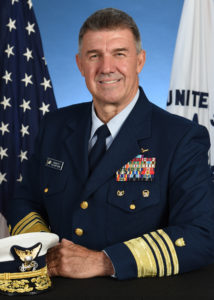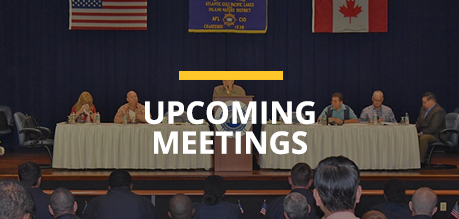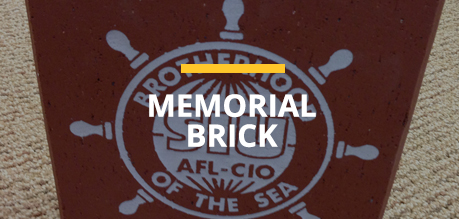The commanding officer of the U.S. Coast Guard recently left no doubt about his strong support of the nation’s freight cabotage law.

Coast Guard Commandant Karl Schultz
During a March 26 budget hearing conducted by the House Appropriations Homeland Security Subcommittee, U.S. Rep. Steven Palazzo (R-Mississippi) asked Coast Guard Commandant Adm. Karl Schultz: “The Jones Act, why is it important to our economic and national security?”
Shultz replied, “The Jones Act is important to the security of the nation, the merchant fleet here, and our ability to move military supplies and military out loads. Let’s say we had a large-theater war in the Pacific and that part of the world – that (The Jones Act) is important. I think economically, folks have invested in that. The Jones Act gets attacked that there’s cheaper ways to do business.
“The Jones Act has been in place here for about 100 years, sir, and it serves a very important – continually important – service,” Schultz continued. “I think before there’s any meddling with the Jones Act, people should really step back and have an informed conversation about all the puts and takes and the impacts to national security.”
The Jones Act requires that cargo moving between domestic ports is carried aboard vessels that are crewed, built, flagged and owned American.
Last September, Seafarers’ Rights International (SRI), an independent center for mariner advocacy and research, released a report titled “Cabotage Laws of the World.” The findings of their global cabotage study provided the first independent analysis of maritime cabotage laws since the early 1990s.
Based on extensive research involving 140 countries, the SRI report revealed that 91 countries representing 80 percent of the world’s coastal United Nations Maritime States have cabotage laws restricting foreign maritime activity in their domestic coastal trades.
###





Comments are closed.